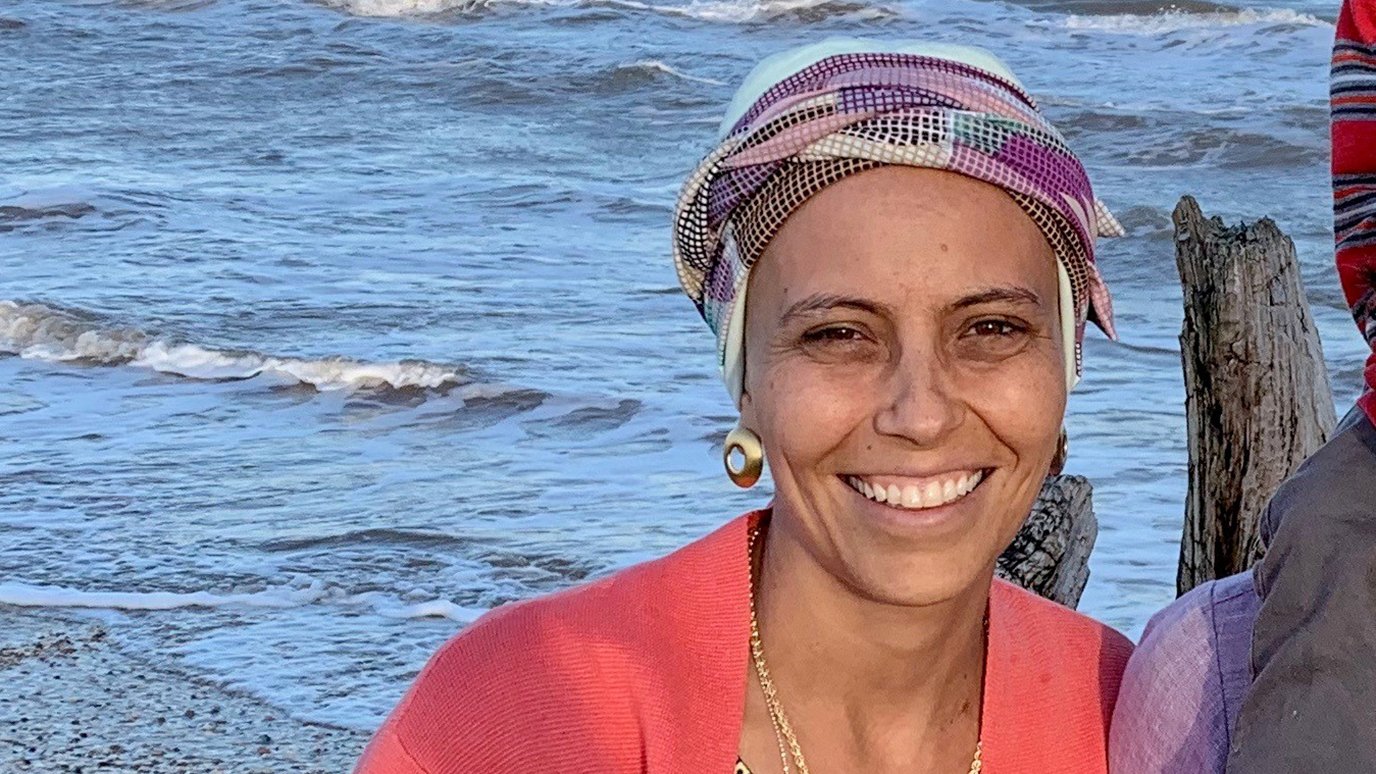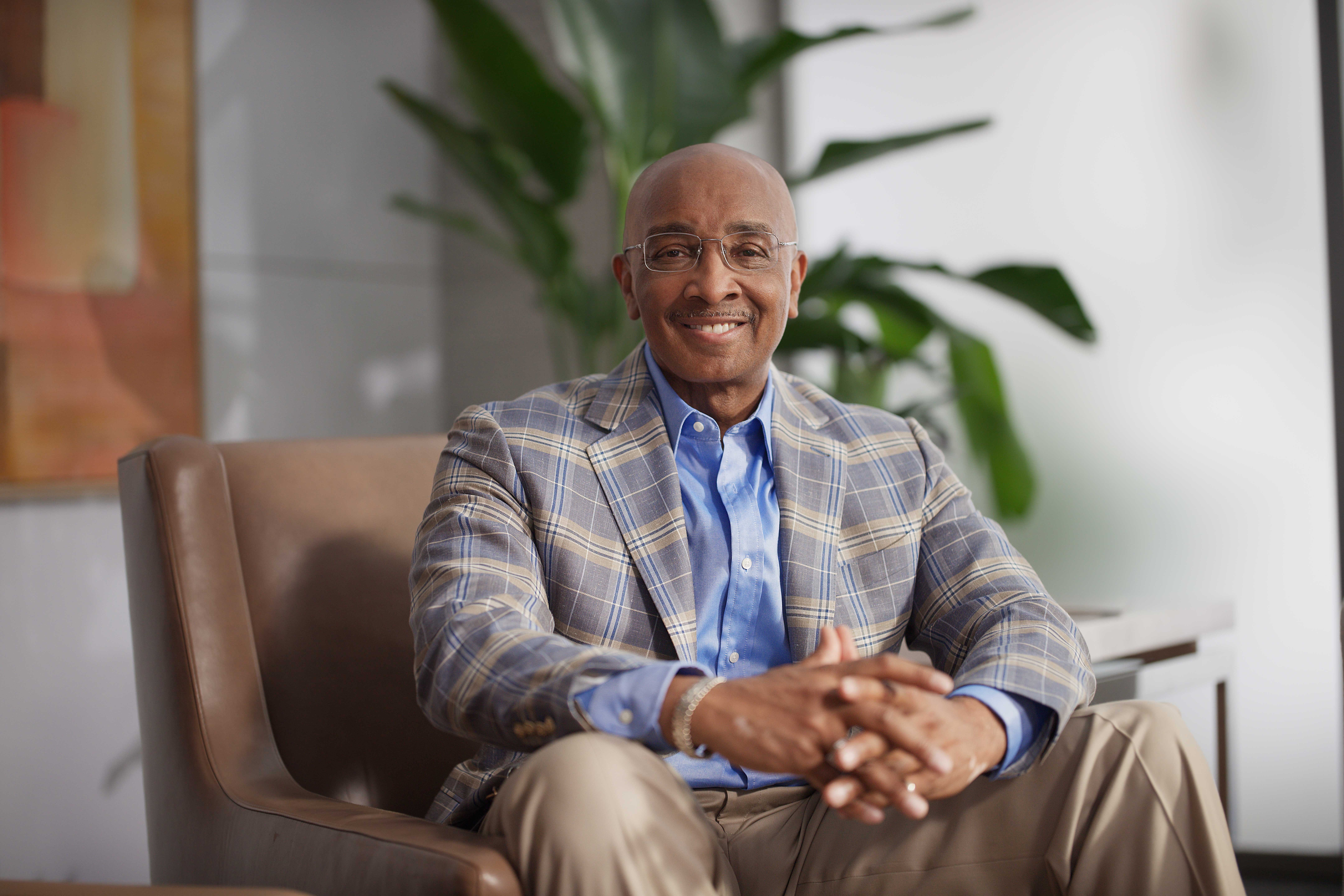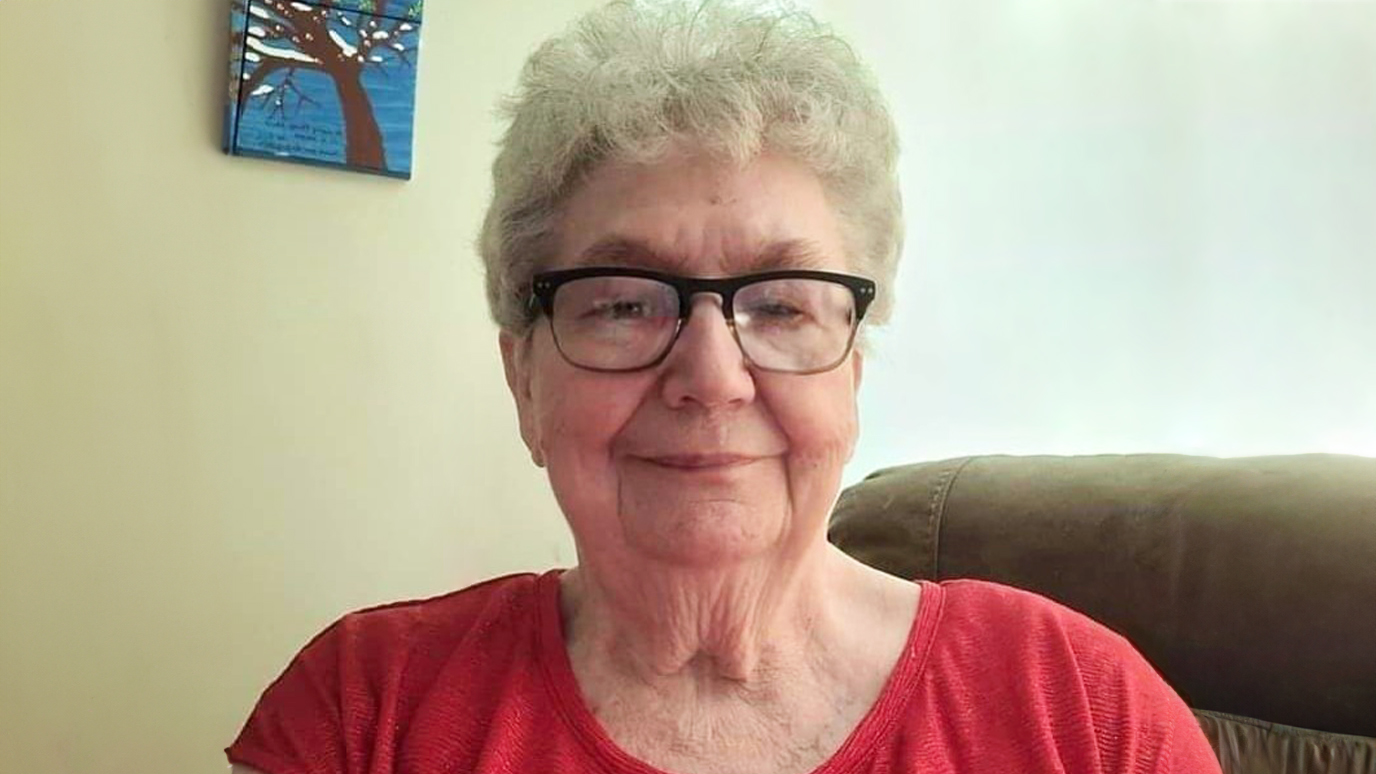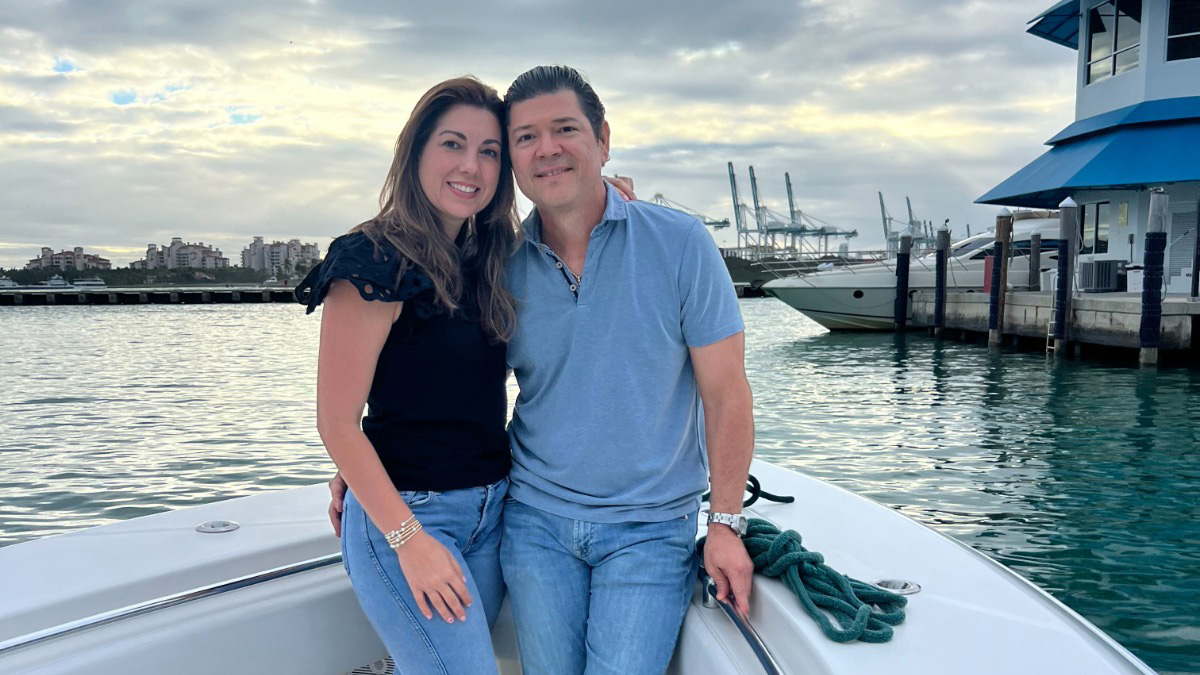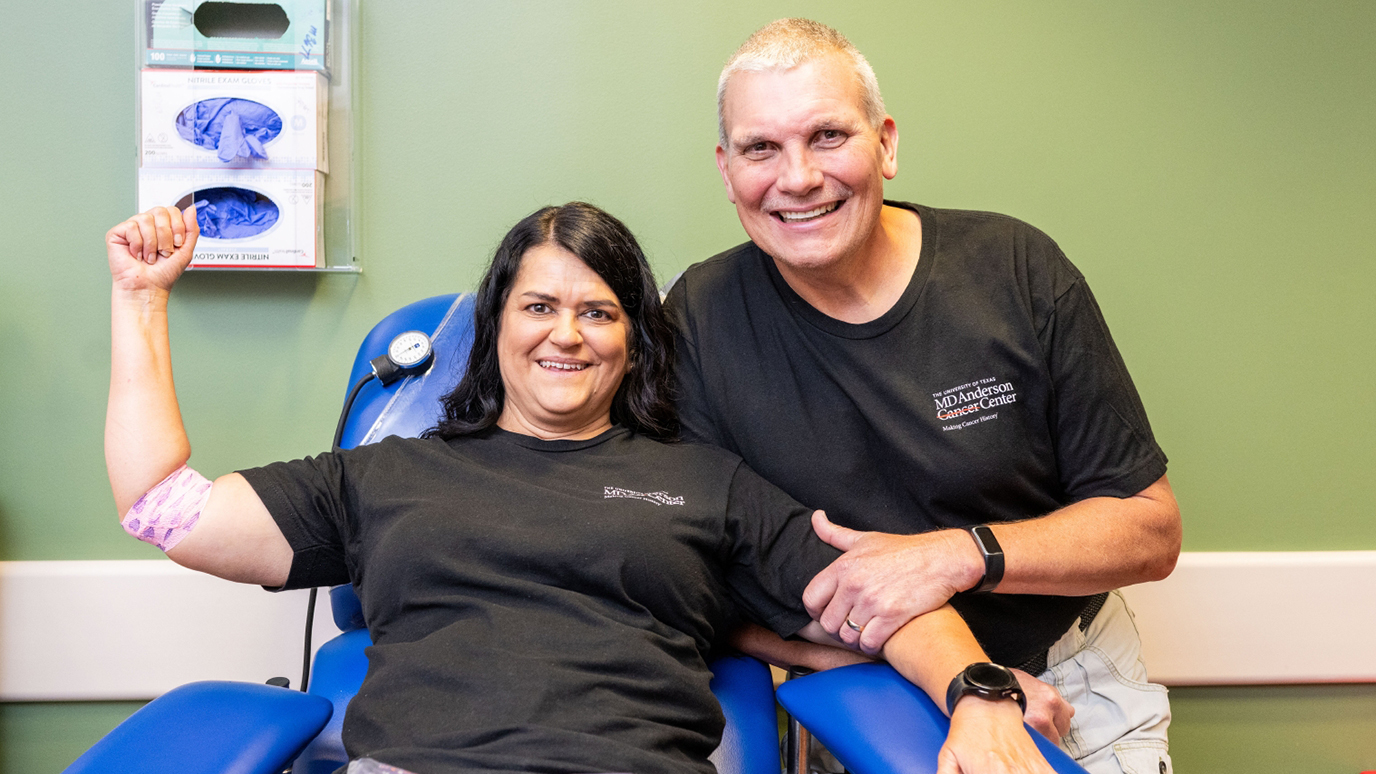- Diseases
- Acoustic Neuroma (16)
- Adrenal Gland Tumor (24)
- Anal Cancer (70)
- Anemia (2)
- Appendix Cancer (18)
- Bile Duct Cancer (26)
- Bladder Cancer (74)
- Brain Metastases (28)
- Brain Tumor (234)
- Breast Cancer (728)
- Breast Implant-Associated Anaplastic Large Cell Lymphoma (2)
- Cancer of Unknown Primary (4)
- Carcinoid Tumor (8)
- Cervical Cancer (164)
- Colon Cancer (168)
- Colorectal Cancer (118)
- Endocrine Tumor (4)
- Esophageal Cancer (44)
- Eye Cancer (36)
- Fallopian Tube Cancer (8)
- Germ Cell Tumor (4)
- Gestational Trophoblastic Disease (2)
- Head and Neck Cancer (14)
- Kidney Cancer (130)
- Leukemia (342)
- Liver Cancer (50)
- Lung Cancer (286)
- Lymphoma (278)
- Mesothelioma (14)
- Metastasis (30)
- Multiple Myeloma (100)
- Myelodysplastic Syndrome (60)
- Myeloproliferative Neoplasm (6)
- Neuroendocrine Tumors (16)
- Oral Cancer (102)
- Ovarian Cancer (178)
- Pancreatic Cancer (162)
- Parathyroid Disease (2)
- Penile Cancer (14)
- Pituitary Tumor (6)
- Prostate Cancer (150)
- Rectal Cancer (58)
- Renal Medullary Carcinoma (6)
- Salivary Gland Cancer (14)
- Sarcoma (238)
- Skin Cancer (302)
- Skull Base Tumors (56)
- Spinal Tumor (12)
- Stomach Cancer (66)
- Testicular Cancer (28)
- Throat Cancer (92)
- Thymoma (6)
- Thyroid Cancer (100)
- Tonsil Cancer (30)
- Uterine Cancer (86)
- Vaginal Cancer (18)
- Vulvar Cancer (22)
- Cancer Topic
- Adolescent and Young Adult Cancer Issues (22)
- Advance Care Planning (12)
- Biostatistics (2)
- Blood Donation (18)
- Bone Health (8)
- COVID-19 (360)
- Cancer Recurrence (120)
- Childhood Cancer Issues (120)
- Clinical Trials (628)
- Complementary Integrative Medicine (22)
- Cytogenetics (2)
- DNA Methylation (4)
- Diagnosis (240)
- Epigenetics (6)
- Fertility (62)
- Follow-up Guidelines (2)
- Health Disparities (14)
- Hereditary Cancer Syndromes (128)
- Immunology (18)
- Li-Fraumeni Syndrome (8)
- Mental Health (122)
- Molecular Diagnostics (8)
- Pain Management (62)
- Palliative Care (8)
- Pathology (10)
- Physical Therapy (18)
- Pregnancy (18)
- Prevention (940)
- Research (390)
- Second Opinion (78)
- Sexuality (16)
- Side Effects (616)
- Sleep Disorders (10)
- Stem Cell Transplantation Cellular Therapy (216)
- Support (408)
- Survivorship (330)
- Symptoms (182)
- Treatment (1794)
30-year stage IV colon cancer survivor: Cryoablation clinical trial at MD Anderson saved my life
3 minute read | Published July 31, 2023
Medically Reviewed | Last reviewed by an MD Anderson Cancer Center medical professional on July 31, 2023
When Gene Jones was diagnosed with stage IV colon cancer in 1993, cryoablation was such a new therapy that MD Anderson was still waiting on delivery of the equipment from the manufacturer.
But a clinical trial here enabled Gene to become one of the very first patients to benefit from this now well-established surgery, which treats cancer by freezing it. And today, the 81-year-old farmer is still out baling hay and lifting 50-pound feed sacks.
“I can laugh about it now,” Gene says, “because it was so long ago. Thanks to MD Anderson, I beat the odds.”
Colon cancer symptoms lead to a stage IV diagnosis
Gene’s first symptoms of colon cancer cropped up early in the year he turned 51.
“I just started having stomach problems and got to where I couldn’t go to the bathroom,” he recalls.
His wife took him to a gastroenterologist, who ordered a colonoscopy. But the tumor in Gene’s colon was so big that the doctor couldn’t advance the scope. His large intestine was almost completely obstructed.
“The doctor told us it was not a good sign that he couldn’t even get past the growth to look around,” Gene says. “We could tell that it was very, very serious.”
Poor prognosis prompts outreach to MD Anderson
Gene underwent surgery almost immediately. When he woke up from the anesthesia, there was both good news and bad news. The surgeon told Gene’s family that he’d been able to remove the entire tumor while still preserving part of his colon, so the blockage was gone and Gene wouldn’t need an ostomy. But the cancer had already spread to his liver.
“He said he could start me on chemotherapy right away, but I probably didn’t have much time left — maybe six months to a year,” Gene remembers. “I needed to get my affairs in order.”
Gene’s adult children found that prognosis unacceptable. They requested an appointment at MD Anderson.
Clinical trial offers 11th-hour hope
At MD Anderson, doctors confirmed Gene’s diagnosis. Then, they started him on chemotherapy to try to shrink the cancer. But after several rounds, it became apparent that the chemotherapy wasn’t working.
“At that point, I thought my options had played out,” recalls Gene. “But then, my doctors told me about a new therapy called cryosurgery. It was so new back then that they couldn’t even give me any statistics on it, much less guarantee that it would work. But I thought, ‘Hell, I’m gonna die anyway. Why not try it?’ When you have nothing to lose, you go forward and you don’t look back.”
Still cancer-free at 30 years and counting
Doctors removed the entire right lobe of Gene’s liver during the procedure because it was so covered with tumors. But they were able to freeze the few spots they found in the left lobe. They also noted that the left lobe was much larger than normal, probably due to a birth defect. “And that ended up working in my favor,” Gene laughs.
Gene would have two more cancer surgeries before all was said and done: one in September 1995 to remove a new spot on his liver and another one in 1997 to remove half of his left lung due to a tumor.
“Without that upper lobe, I run out of air real quick,” he says. “So, I have to rest sometimes when I’m out working in the summer heat. But I wouldn’t have it any other way. If I had accepted my original prognosis, I wouldn’t be here today. Thanks to MD Anderson, I still am.”
Request an appointment at MD Anderson online or by calling 1-877-513-0722.
Related Cancerwise Stories

When you have nothing to lose, you go forward and you don’t look back.
Gene Jones
Survivor

